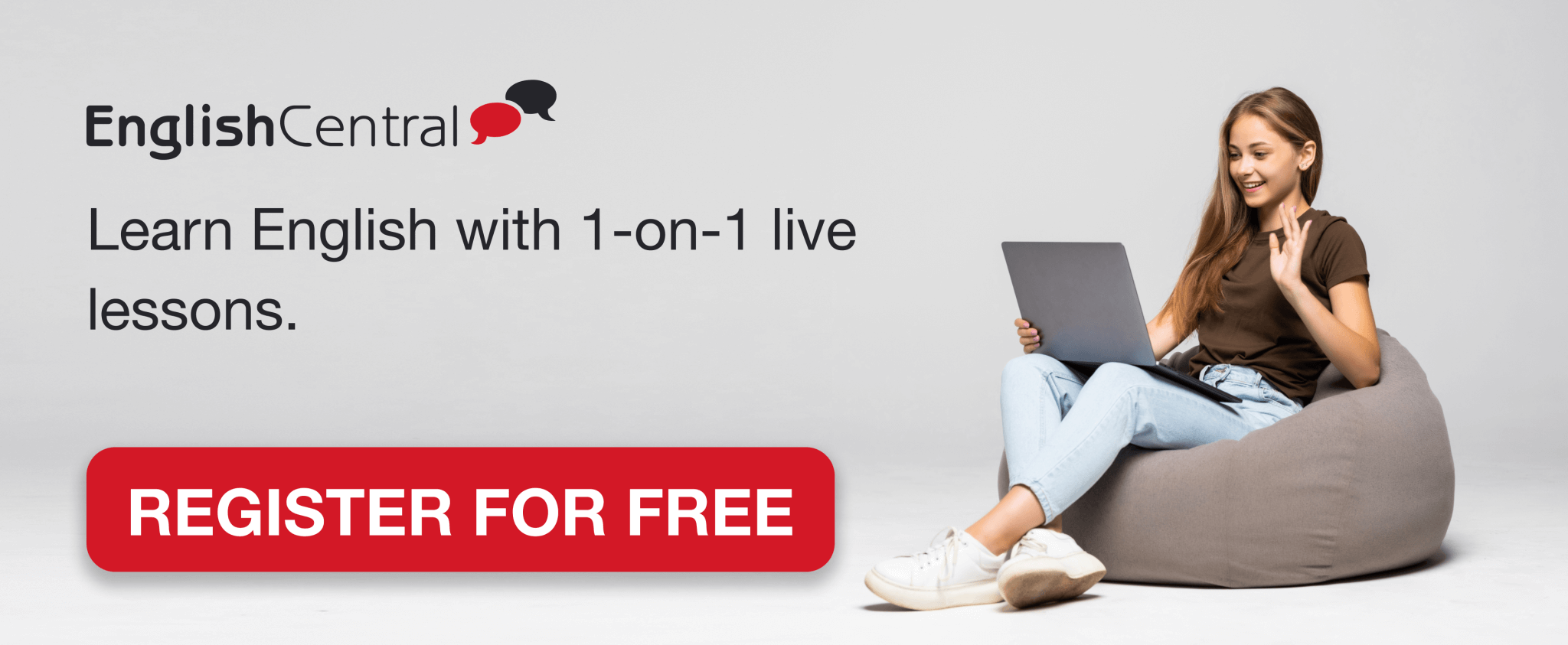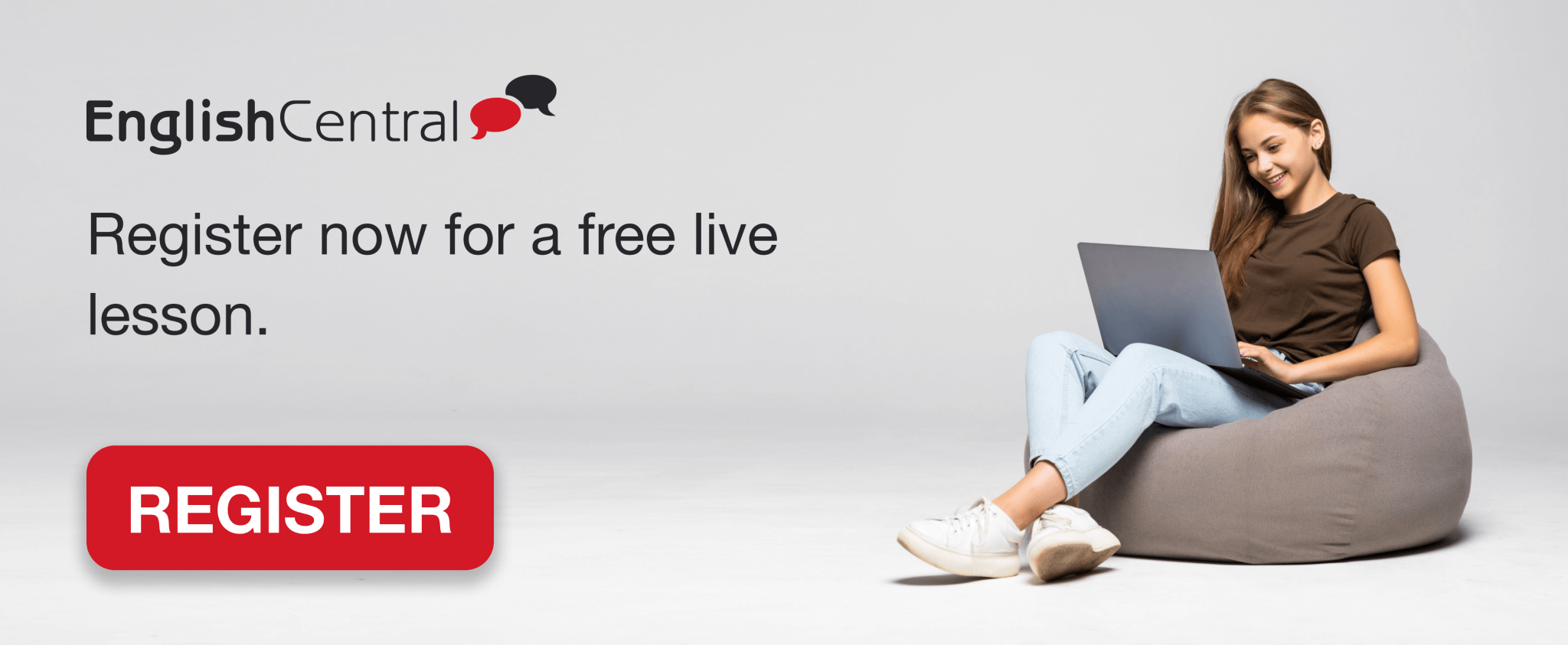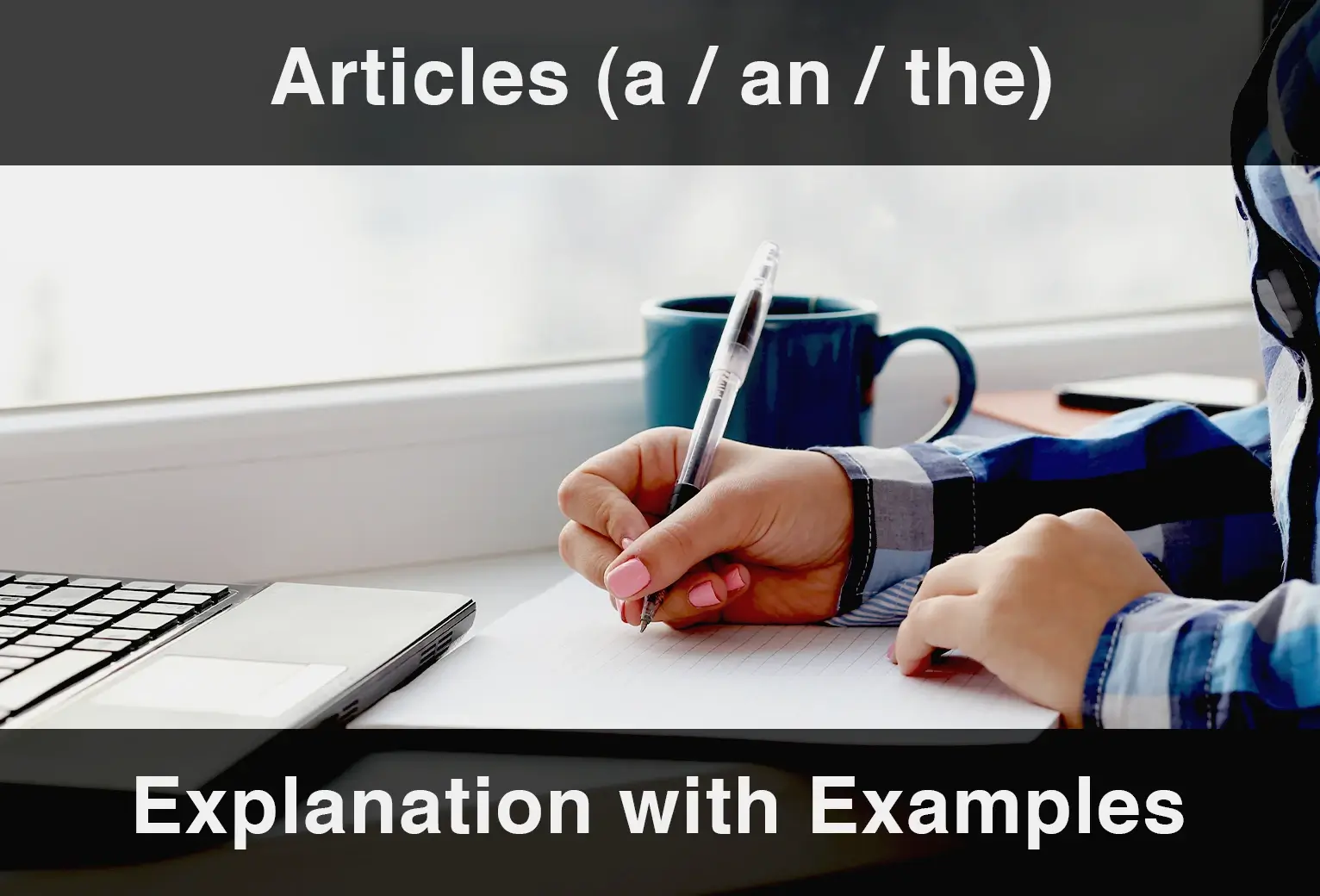Nouns are a part of speech that comprise words that are used to name people, places, animals, objects and ideas.Nouns can act as the subject, an indirect object, a direct object, a subject complement and an object complement. Nouns can also function as adjectives and verbs.
How are nouns used in sentences?
There are various usages of nouns as they change their component forms.
Nouns Used as a Subject
When used as a subject, a noun mostly appears at the beginning of a sentence. It can be identified by asking the question ‘who’.
Here are some examples:
Bruno went to the playground.
The teacher asked the students to submit their assignments.
The elephant was rescued safely after ten long hours.
Nouns Used as an Object
When nouns are used as objects, they appear in the latter part of a sentence. It can be identified by asking the question ‘what’.
Here are some examples:
I bought a book.
Where is your pen?
I can not see the sun.
Nouns Used as a Direct Object
You can identify a noun used as a direct object by asking the question ‘what’.
Here are some examples:
Do you want candy? (What do you want? – candy)
I loved my new shirt. (What did you love? – my new shirt)
Nouns Used as an Indirect Object
You can ask the question ‘for whom’ to identify a noun used as an indirect object.
Here are some examples:
Dan bought his brother a new car. (For whom did Dan buy a new car? – his brother)
Meg made Julie a surprise. (For whom did Meg make a surprise? – Julie)
Nouns Used as a Complement
When a noun is used to modify or describe another noun, it acts as a complement.
Nouns Used as a Subject Complement
Professions and positions can perform the role of a subject complement.
My brother is a captain.
Nouns Used as an Object Complement
Object complements are nouns that follow the noun they modify. Names, professions and positions can perform the role of an object complement.
Here is an example:
We named our dog, Golge.
Nouns vs. Pronouns
Nouns are a part of speech that comprise words that are used to name people, places, animals, objects and ideas.Nouns can act as the subject, an indirect object, a direct object, a subject complement and an object complement.
A pronoun is used in the place of a noun. It substitutes the noun in a paragraph or piece of writing to avoid repetition of the noun. Pronouns can be used in singular and plural forms. The verb used in the sentence should be used in accordance with the particular form of the pronoun used.
For example: ‘It’, ‘she’, ‘something’, and ‘myself’.
Common vs. Proper nouns
Proper Nouns are nouns that are used to name a person, place or thing specifically are called a proper noun. Proper nouns always begin with a capital letter. A few proper noun examples: Mercedes. Titanic, Russian, Central Park Zoo, Oreo, Wimbledon, Burger King, Herman Miller.
Proper nouns examples:
My name is Johan.
This is my dog, Bard.
Common nouns are those nouns that refer to an item, group or place. This means that, unlike proper nouns, they are not used to identify specific people, places or objects. Common nouns are not capitalized unless they appear at the beginning of a sentence. Example common nouns: Table, Water bottle, Woman, Child, Brother, Monkey, Lion, Girl, Boy, Male, City, Beach, Shoes, Book, Pencil, Movie, Car, Game, Family, Day.
Common nouns examples:
I bought a book yesterday.
I caught a butterfly today.
Countable vs. Uncountable nouns
Countable nouns are those nouns that can be counted or measured. Example countable nouns: Dog, cat, animal, man, person, bottle, box, litre.
Countable nouns examples:
Tom brought two packets of sunflower seeds.
Mom asked me to buy a dozen pencils.
Uncountable nouns are those nouns that cannot be counted. This category of nouns includes both concrete and abstract nouns. Example uncountable nouns: Air, rice, water,music, art, love, happiness.
Uncountable nouns examples:
I have a lot of homework for tomorrow.
I have a cup of coffee.
Concrete vs. Abstract nouns
Concrete nouns refer to objects that are material and can be perceived by the human senses.
Concrete nouns examples:
The magazine is on the table.
I had a cup of coffee.
Abstract Nouns: Any entity that cannot be perceived by the five senses of the human body are called an abstract noun. Love, fear, anger, joy, excitement, and other emotions are abstract nouns.
Abstract nouns examples:
Love is a strong feeling.
Honesty is in the best people.
Collective nouns
Collective Nouns: A collective noun is a naming word that is used to denote a group of objects, animals or people. For example: Flock (of birds), crowd (of people), choir (of singers), group (of people, of animals) .
Collective nouns examples:
A flock of cow.
A swarm of bees
A herd of zebras.
Other Types of Nouns
Singular nouns: These are words that are used to name a single person, place, animal, bird or object.
Singular nouns examples:
There is a little boy.
Here is an umbrella.
Plural nouns: Plural nouns refer to a number of people, places, animals or things. Nouns are made plural by adding an ‘s’ or ‘es’ or ‘ies’ or ‘ves’ to the existing root word.
Plural nouns examples:
I ate some candies.
I saw a few bees.
Frequently Asked Questions About Nouns
What are plural nouns?
Plural nouns refer to a number of people, places, animals or things. Nouns are made plural by adding an ‘s’ or ‘es’ or ‘ies’ or ‘ves’ to the existing root word.
What are singular nouns?
Singular nouns are words that are used to name a single person, place, animal, bird or object.
What are abstract nouns?
Any entity that cannot be perceived by the five senses of the human body are called an abstract noun.
What are proper nouns?
Proper Nouns are nouns that are used to name a person, place or thing specifically are called a proper noun. Proper nouns always begin with a capital letter.
Would you like to put what you have learned into practice? You can access everything you need to learn English on a single platform! With 25-minute one-on-one live English lessons, 40-minute group lessons, more than 30,000 interactive videos, vocabulary learning tools, AI-supported tutor MiMi, quizzes, and interactive activities, EnglishCentral offers its users a personalized and quality education plan at an affordable price. How about registering for EnglishCentral now and starting to learn English?











